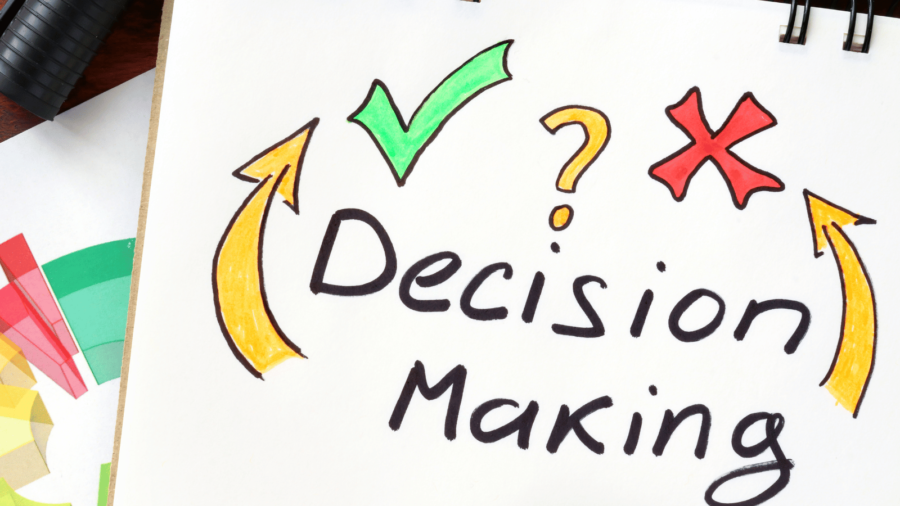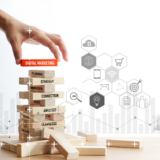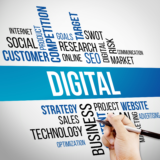Psychology Of Decision Making
In every working moment, we are bombarded with choices From deciding like what to eat for breakfast to life-altering career paths to pursue our life our series of decisions. Recycology of decision-making dives deep into the mechanism behind our selection unraveling the mysteries of human behavior and cognition. At the heart of understanding decision-making lies the dual process theory which suggests that there are two distinct systems at play. Where system one operates intuitively and quickly relying on heuristics and gut instinct while system two involves deliberate analytical thinking weighing pros and cons before arriving at both system 1 and system 2 work in tandem of interacting and influencing each other during decision making. Meanwhile, system 1 is highly efficient but prone to cognitive basis and error due to its Reliance and system 2 is lower but more accurate and capable of detecting and correcting mistakes made by System 1. By recognizing this strength and limitations of each system individual can optimize their decision-making process and mitigate the influence of cognitive bytes. Overall the dual process theory provides a framework for understanding the cognitive process and underlines the season highlighting the interplay between intuitive automatic response and deliberate analytical reasoning. By acknowledging the presence of these two systems and their respective strengths and weaknesses divisible can make more informed and effective decisions in various aspects of their life.
The cognitive bicycle of elevation from rationalizing or judgment of a steaming from heuristic that the brain uses to make decisions. These voices can significantly influence the decision-making processes leaving individuals to deliver it from logical reason or optimal choices. People tend to see court information that confirms their visiting leaf or hypothesis while ignoring or discounting contradictory evidence. This bias can lead to overconfidence in one opinion and value kittens to consider alternative viewpoints. This boys involves overestimating the likelihood of events based on their availability in memory information that is more relatively available either due to recent exposure or vividness is just to be more common or important than it is actually. While making a decision individual 10 to rely to haveli on the first piece of information in content when evaluating or estimating subsequent information even if the initial anchor is irrelevant it can have a disproportionate influence and final judgment on the way information is presented or frame some significant influence decision making people 10 to make different choices depending on how optional frame even if the underlying outcomes are identical Individuals tend to strongly prefer avoiding losses over acquiring equivalent gain even when the outcome or objectly the same. After an event has a good people tend to Prestige the outcome as having been more predictable than it was. These biases can lead to distorted memories of past events and overconfidence in one’s ability to predict future outcomes. Understanding these cognitive biases is essential for improving the decision-making process as it allows an individual to recognize and mitigate their effect. By being aware of this bias individuals can adopt strategies such as seeking diverse perspectives and critically evaluating information to make more rational and informed decisions.

Emotions play a significant role in the decision-making process and exert a powerful influence on choices and behavior. Emotion can serve as valuable sources of information and intuition when making decisions. Gut feelings, hunches or instincts stem from an emotional response to situations guiding the individual toward choices that align with their underlying values and desires. The effect is a mental shortcut vari Individuals make decisions on their emotional response to a situation rather than increasing a detailed analysis of the potential outcome.. positive emotion Mein lead to risk-taking behavior while negative emotion may from question or rest was a decision. emotional contagious meaning that individuals can pick up on and mirror demotion for those around them in a group setting study emotional experience and influence collective decision making leading to a Converse of emotional stage and behavior. Anticipated in motion or the motion in divisible expert to experience as a result of the decision can significantly impact decision making. Mood states such as happiness sadness or anger can influence decision-making by shaping cognitive processes and information processing bases. Positive mood mein leads to more optimistic judgment and taking behavior while negative mood mein leads to judgemental and risk-adverse behavior. Understanding the complex central play between emotion and decisionmaking is essential for making more informed and adaptive choices.
Social norms are informal rules or expectations that guide behavior within a group or society Individuals often confirm social norms to gain acceptance and approval or avoid social sanction. Individuals engage in social comparison by evaluating their own thoughts feelings and behaviors about those of others Social comparison can influence cell perception motivation and decision-making. Group dynamics Plays a critical role in decision making influencing how individuals interact communicate or collaborate within a social group. Group decisions can be shaped by factors such as group cohesion leadership dynamic and group polarisation. Peer pressure refers to an influence exerted by peer and social individuals to confirm certain behaviors attitudes and expectations it can be divisible to engage and risky behavior confirmed by group norms or Adobe particular preferences or lifestyles to fit in with their peer group. Social networks both online on offline play a significant role in decision-making by facilitating information sharing social influence in social support information is spread through social networks and influences attitude behaviour and decision-making.Regret is a negative emotion experienced when the individual receives that the outcome of a decision was unfavorable or sub-optimal compared to alternative courses of action that were available. Anticipated regret refers to the expectation or fear of experiencing regret in the future based on the potential outcome of the decision.
Regret often involves aging in counterfactual thinking which involves imagining alternative outcomes or scenarios that can have resulted from different choices. Satisfaction is a positive emotion experienced when an individual receives that the outcome of a decision was favorable to their expectation desire or goal often in the bold feeling of contentment fulfillment or happiness with the decision outcome. After making a decision individuals engaged in post-decision evaluation reflect on the outcome and the emotional response to it positive outcomes are more likely to have a late feeling of satisfaction while negative outcomes may lead to feelings of regret and disappointment. achieving a balance between minimizing regret and maximizing satisfaction is a complex challenge in decision individual may the potential risks and benefits of different options consider the likely consequence of regret and evaluate their tolerance for uncertainty and ambiguity while decision making.
The psychology of decision-making is a multi-face that shields light on the integrated process underlining our choices by examining the interplay between cognitive process, emotional, and social influence and post-decision outcome we can gain valuable insights into how we can make decisions when we do




